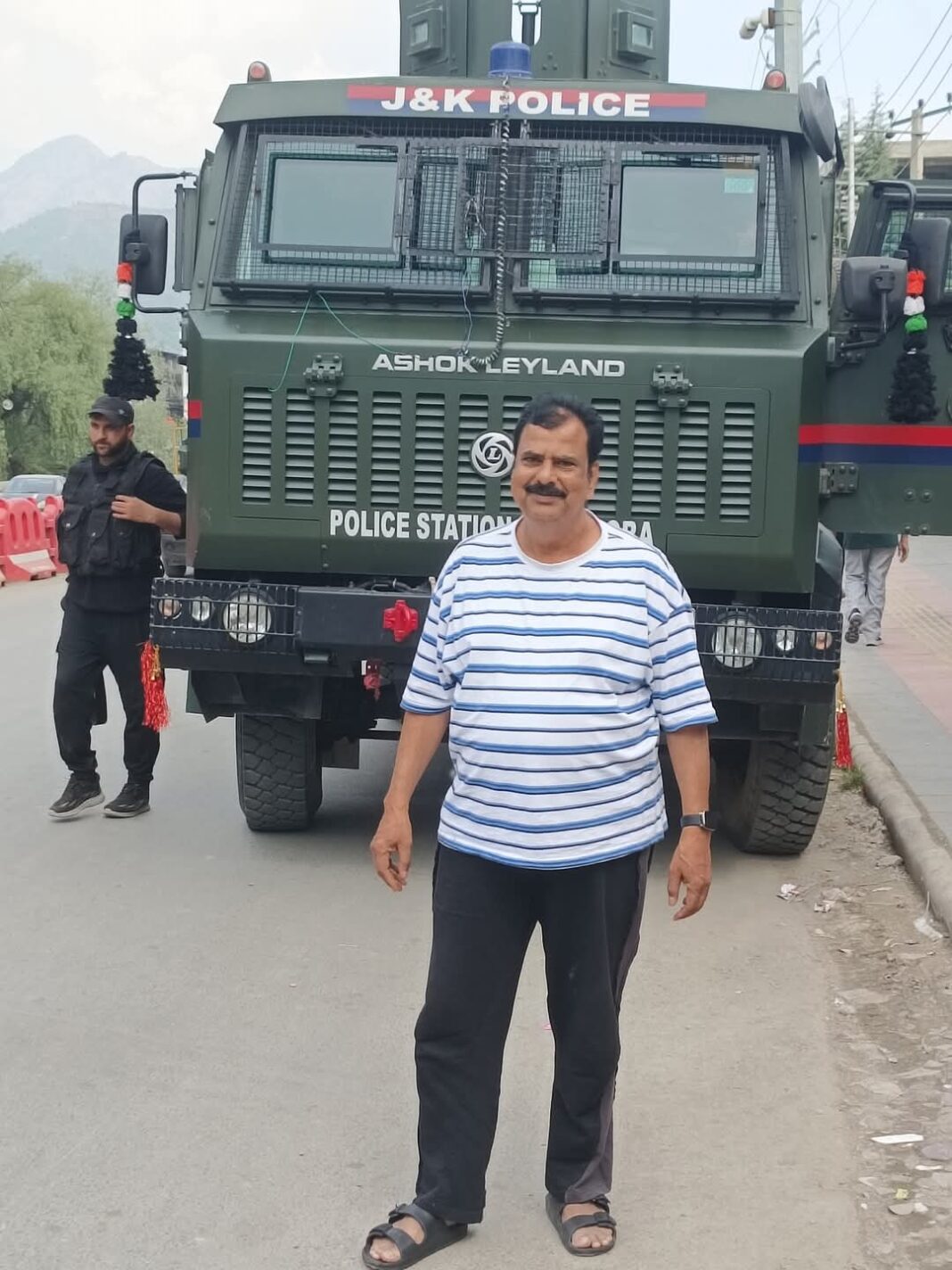Published on: April 23, 2025
By: [BTI]
Location: New Delhi, India
In a dramatic diplomatic escalation, the Government of India has expelled Pakistan’s High Commission from the country and cancelled the Indus Waters Treaty, following the horrific killing of 28 Hindu civilians by terrorists in Pahalgam, Jammu & Kashmir.
Prime Minister Narendra Modi, after convening an emergency high-level meeting, directed the Ministry of External Affairs to give the Pakistani envoy 48 hours to leave Indian soil. Additionally, all Pakistani nationals currently residing in India have had their visas revoked with immediate effect and have been ordered to exit the country without delay.

The government has also formally annulled the Indus Waters Treaty, a decades-old agreement that governed the sharing of river waters between India and Pakistan. The move is seen as a strategic and symbolic strike, signaling a decisive break from the policy of diplomatic restraint historically shown by India.
Sources in the intelligence community have raised alarms about the large number of Pakistanis and Bangladeshis allegedly living illegally in India, some of whom are suspected of exploiting India’s open and democratic system to foster extremism and terrorism.
The massacre in Pahalgam — where terrorists reportedly identified victims by their religion before executing them in front of their families — has shaken the nation. The brutal act has not only reignited debates around terrorism and national security but has also galvanized public sentiment in support of the government’s tough response.
While Pakistan, through various media outlets, has denied any involvement in the Pahalgam massacre, India appears determined to abandon diplomatic niceties. “This is only the beginning,” said a senior government official, hinting that more actions could follow.
International response has largely been supportive of India’s stance. Countries including the United States, Russia, and France have condemned the massacre and extended their solidarity with India, reaffirming their commitment to combat global terrorism.
As the situation unfolds, the Indian government has made it clear that it will no longer tolerate cross-border terrorism or diplomatic duplicity, and that national security remains non-negotiable.
This latest decision marks a turning point in India’s foreign policy posture and its approach toward state-sponsored terrorism — ushering in what many analysts are calling a new era of strategic assertiveness.



